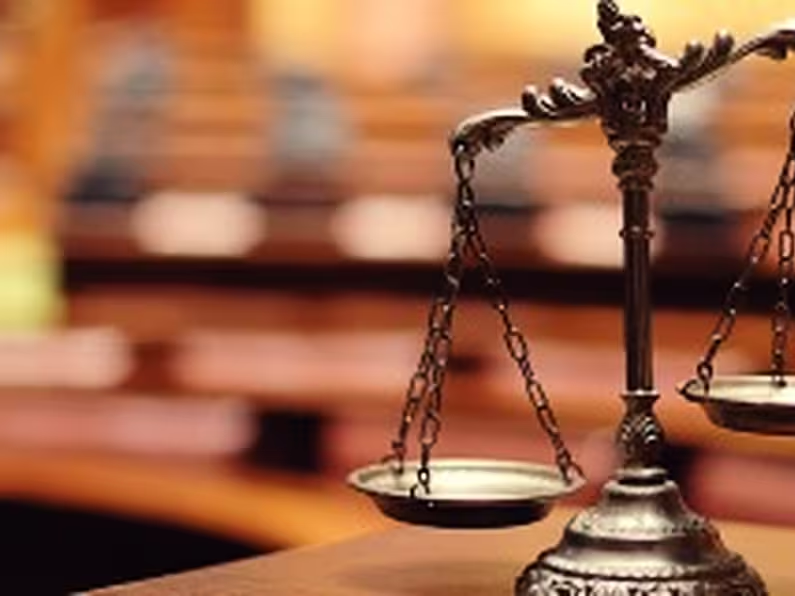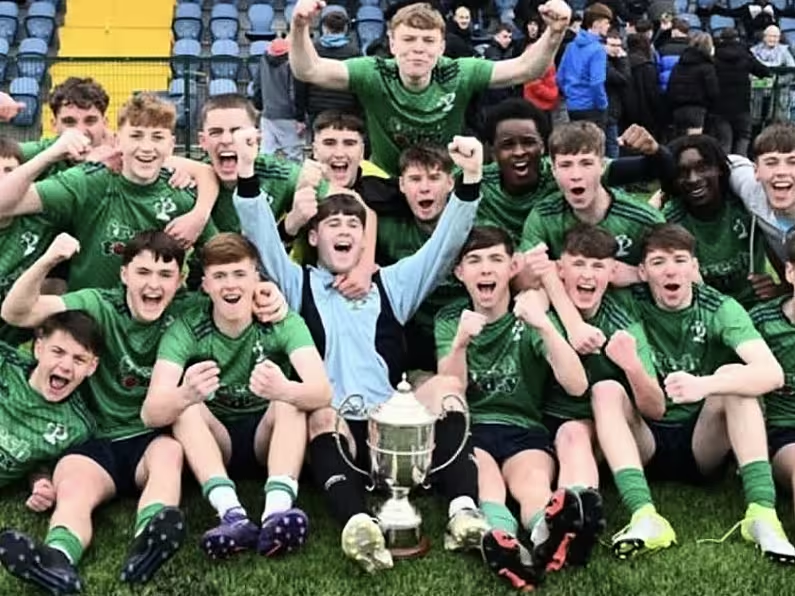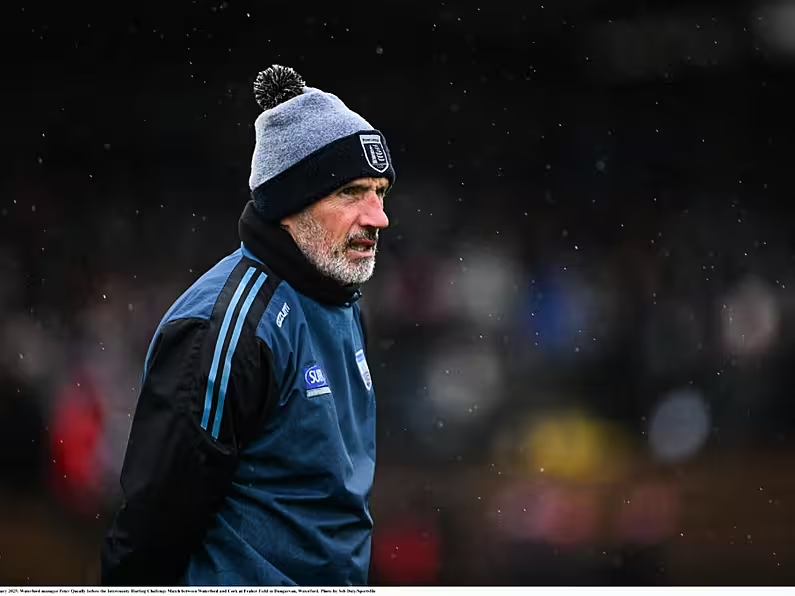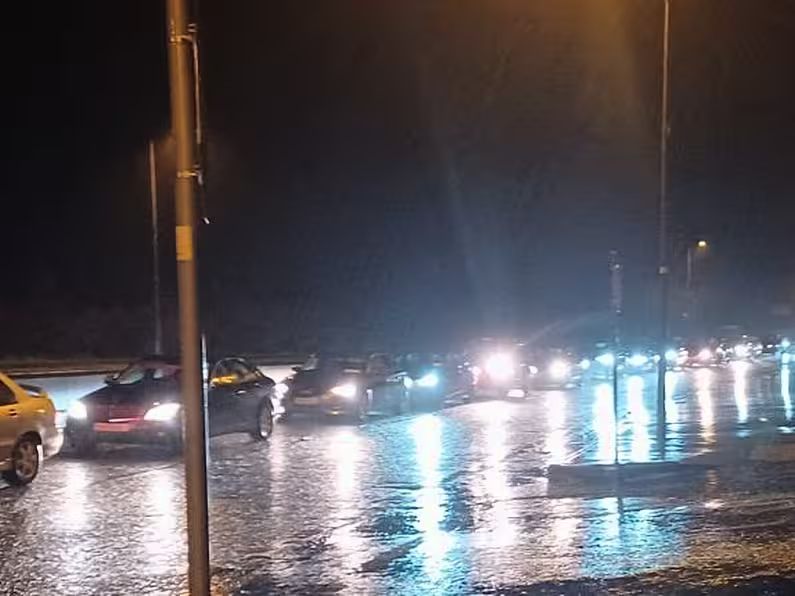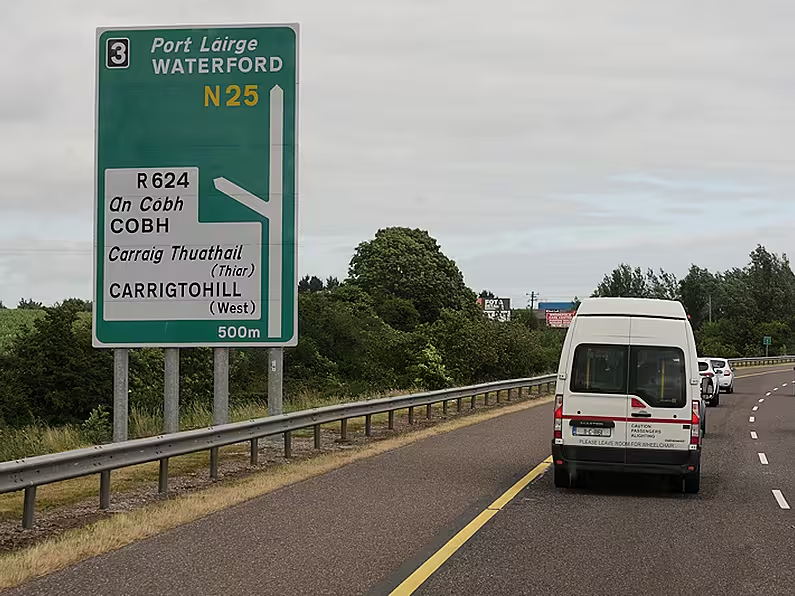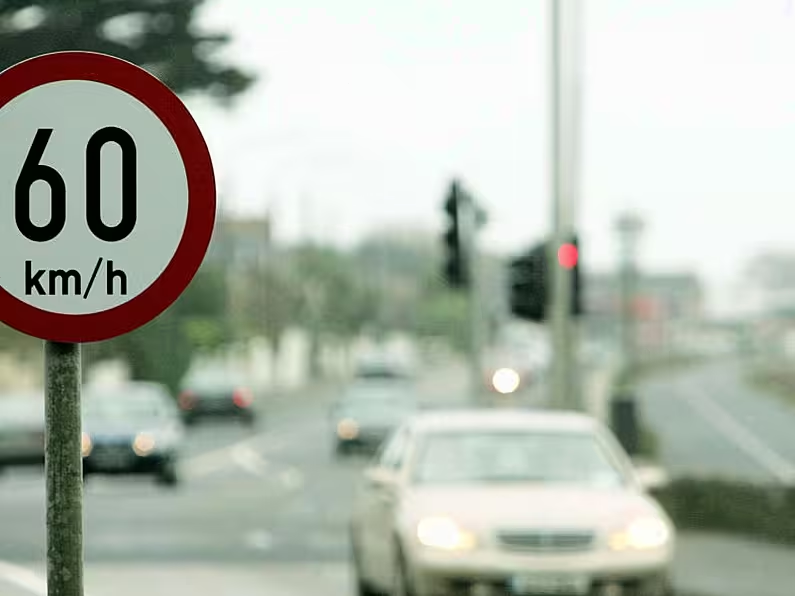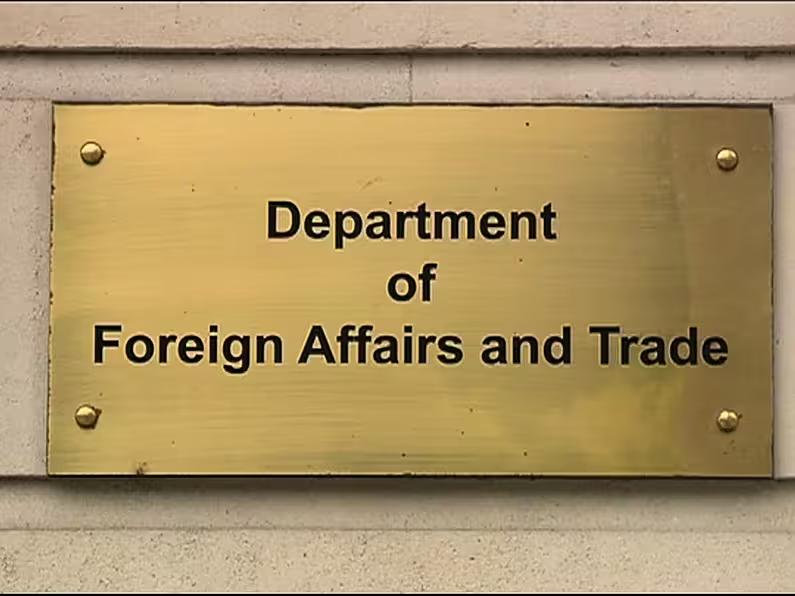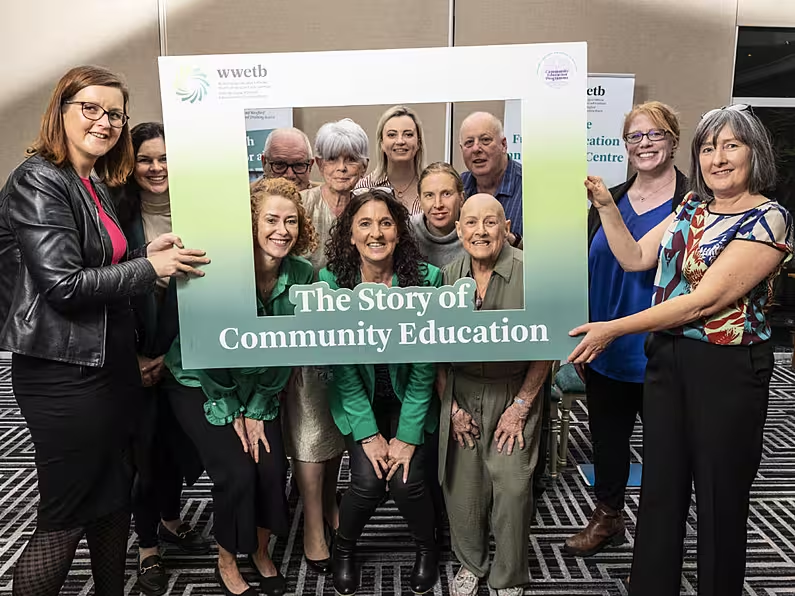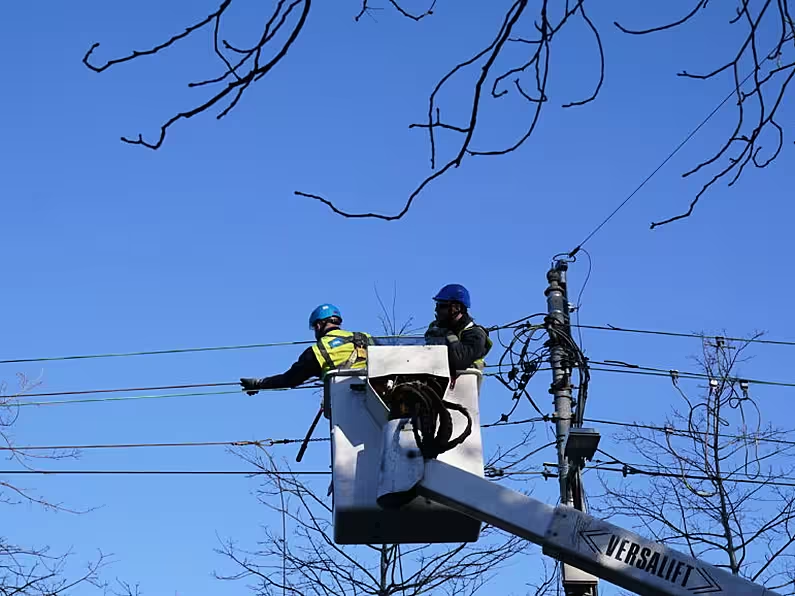Natasha Reid
The Irish Human Rights and Equality Commission has told the Court of Appeal that the Director of Public Prosecutions (DPP) should see the Garda files on which "belief evidence" used in the Special Criminal Court is based.
Evidence of the belief of a Garda Chief Superintendent that an accused is a member of the IRA is routinely used in membership trials, and privilege can be claimed on the material underlying the belief.
This is usually on the grounds of the protection of life and property, the protection of ongoing and future investigations and the security of the State.
However, lawyers for the Commission argued on Friday that "significant safeguards" were required to ensure that such evidence remains a proportionate measure in these cases and also in order to maintain balance.
First for Irish courts
In a first for the Irish courts, the Commission had been given permission "to intervene" in a criminal case, where the DPP is appealing against the acquittal of two men on a charge of IRA membership.
Lawyers for the DPP had previously told of their concerns about such an intervention, which has never arisen in the context of a criminal trial or an appeal from a criminal trial.
However, the court acceded to the application, after the Commission submitted that any idea it would weigh in "on one side as opposed to the other" was "ill-conceived".
The appeal follows a directed acquittal of two men by the Special Criminal Court, after gardaí refused to release secret material during their IRA membership trial.
The non-jury court had ruled during the 36-day trial that the material upon which the "belief evidence" was based should be disclosed to the prosecution.
'Issues of unfairness'
When it was not, the court ruled that this "belief evidence" as to the men's IRA membership was inadmissible because "issues of unfairness" arose in light of his "blanket" claim of privilege.
Ms Justice Tara Burns said that without this "belief evidence", the evidence relating to the charges was "inherently tenuous" and the court could not convict the men.
She also referred to "worrying aspects" of the evidence of a detective chief superintendent, in light of a claim made by a former accused-turned-State's-witness in relation to the two accused men.
The court directed they be found not guilty of IRA membership.
The DPP appealed this acquittal "with prejudice", meaning that if the DPP is successful, both men could be tried for the same crime again.
Admissible
Paul O'Higgins SC, for the State, told the Court of Appeal on Thursday that, in law, the evidence of the senior garda officer was admissible and that any issue of fairness could be addressed by what weight was to be given to his evidence by the court.
The barrister said that the DPP had written to An Garda Síochána requesting sight of the files but received a response citing State security reasons and possible risks to the prosecution team, should they view the material.
"I say the evidence of [the senior garda] is made admissible by statute," said Mr O'Higgins.
Counsel said that there was no discretion for the non-jury court to totally exclude the belief evidence. He said that it was a "new departure" for the court to find the privileged evidence inadmissible.
Mr O'Higgins said that the senior Garda's evidence was not the only evidence in the case and was buttressed by other matters.
The barrister said that phone and forensic evidence, in addition to the unchallenged evidence of the key witness, who said the crime involved was an IRA operation, were also given at trial.
'Nearing farce'
John D Fitzgerald SC responded on behalf of the first accused. He said that the DPP never put it to the trial judge that she did not have a role in finding the belief evidence inadmissible.
He said the appeal grounds ran contrary to legal authorities stating that strict scrutiny should be applied to all belief evidence.
He said that the trial judge had commented that the disclosure issues in the trial had her "shocked" and that the trial was "nearing the stage where this is just a farce".
Hugh Hartnett SC responded on behalf of the second accused man on Friday and adopted Mr Fitzgerald’s submissions in facts and law.
He added that the main prosecution witness, who was in the witness protection programme, had indicated that his client was not a member of the IRA and that he did not know the other accused.
Human rights commission
After hearing from all sides, the Court of Appeal on Friday heard from Patrick Gageby SC on behalf of the Irish Human Rights and Equality Commission.
He said that the Commission was focused on what he said was a safeguard in the case, the sight or oversight of prosecuting counsel of the material.
He said that the function of prosecution counsel as "ministers for justice" was well established.
“The question about which the commission desires to advance its arguments is the elimination of oversight by prosecution counsel,” he said.
A very significant check and balance had been affected, he said, with inevitable consequences.
He said there were solutions, including that the underlying garda file be viewed by the DPP in advance of such trials.
“There must be some understanding of what the chief superintendent is deriving his belief from,” he submitted. “There would be advance knowledge of what areas might attract privilege, where disclosure might arise.”
He noted that the mission statement of the office of the director included providing a service that was independent.
“We say that not being privy to the file is subversive of independence,” he said.
Judgement was reserved by Court President Justice George Birmingham, who sat with Justice Isobel Kennedy and Justice John Edwards.



